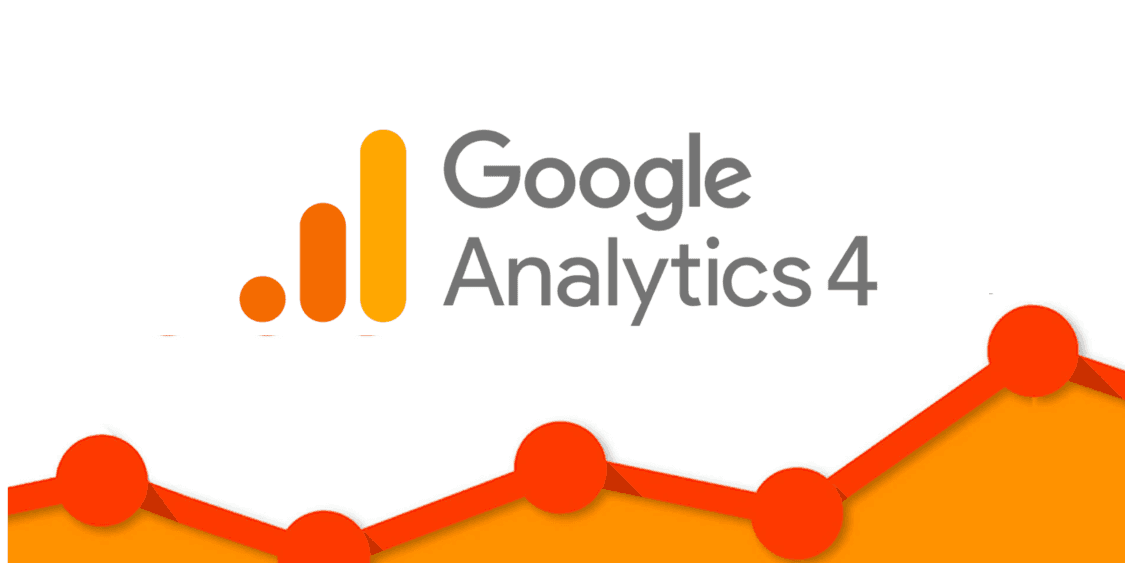Have you ever lost data or discovered incorrect information in your reports that undermined your marketing strategy? Then Google Analytics 4 is the solution you are looking for. Recently, Google introduced two essential features that allow marketers to edit client-side text and exclude Google data signals from reports and explorations.
Data editing: protection against Personally Identifiable Information (PII)
First of all, data editing. This innovative function reduces the risk of unintentionally sending PII. As a result, marketers can set up web data streams that apply client-side text editing to email addresses and user-defined URL query parameters. It is important to note that email editing is enabled by default for new web data streams. This is not only crucial for avoiding legal repercussions but also for protecting a company's reputation and maintaining customer trust. It represents a significant step forward towards a safer environment for both advertisers and customers.
Excluding demographic and interest data: more accurate reporting
Secondly, excluding certain demographic and interest data from reports. This feature is particularly relevant for data from logged-in, consenting users. If you have activated Google Signals for your property, you can simply disable "Include Google Signals in Reporting Identity" on the Admin's Data Collection page. This limits data exposure, even when your property uses Blended or Observed reporting identity. Furthermore, GA4 can still collect Google Signals data for use in audiences and conversions, even with this option turned off. You can also share this valuable data with linked Google Ads accounts for efficient remarketing and bid optimization.
Better insights and higher conversion rates
With the new features of Google Analytics 4, advertisers can gain in-depth insights into user behavior, preferences, and interactions. This results in more accurate audience targeting and increases the likelihood of successful conversions. Furthermore, sharing this data with Google Ads accounts enables more powerful remarketing campaigns and optimizes bidding processes, ultimately leading to better overall performance and a higher return on investment in advertising strategies.
However, it is important to emphasize that, despite the powerful capabilities of data editing in the fight against the unintentional collection of personally identifiable information (PII), the responsibility for complying with relevant regulations ultimately lies with the advertiser. Google underscores that advertisers must ensure they comply with all laws and regulations.
For more information, please refer to Google's guidelines on
and
It appears that there is no text provided for translation. Please provide the text you would like me to translate, and I will be happy to assist you.

